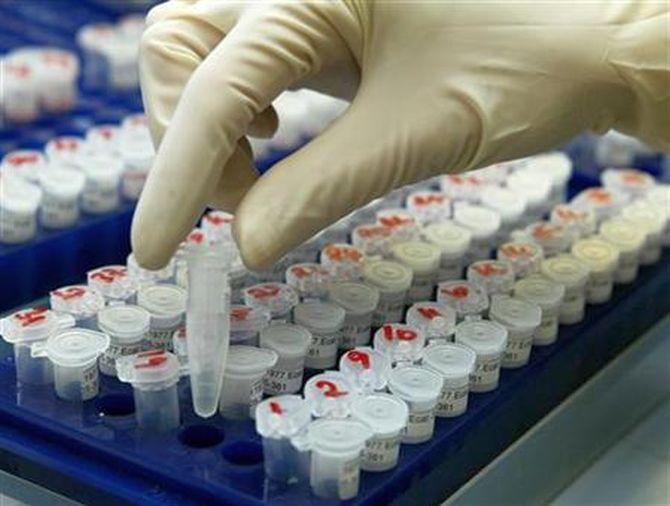Antiviral drug Remdesivir, approved by the United States food and regulatory body for emergency use to treat the COVID-19 patients, is expected to be available by next week, the chief executive officer of the company manufacturing the medicine has said.

The announcement was made on Sunday by Dan O'Day, CEO of Gilead Sciences, the pharmaceutical company making the vaccine.
The US is the worst-affected country in the world with over 1.1 million COVID-19 cases and more than 67,000 deaths, according to the Johns Hopkins University data.
The Food and Drug Administration gave emergency use authorisation for the use of investigational Remdesivir to treat COVID-19 patients after some researches, including one led by Indian-American physician Aruna Subramanian, found that the drug helped recover some of the infected cases faster.
The EUA allows for Remdesivir to be distributed in the US and administered intravenously by health care providers, as appropriate, to treat suspected or laboratory-confirmed COVID-19 in adults and children hospitalised with severe condition.
“We intend to get that to patients in the early part of this next week,” O'Day said on CBS' “Face of the Nation.”
He said that his company has donated its entire available supply of Remdesivir, approximately 1.5 million vials, to the government, which can treat anywhere from 100,000 to 200,000 people.
O'Day said the government “will determine which cities are most vulnerable and where the patients need this medicine.”
Earlier, US President Donald Trump said that his administration has been working with the teams at the FDA, National Institute of Health and Gilead for spearheading this public-private partnership to make this happen very quickly.
In a statement, Gilead had earlier said that the EUA will facilitate broader use of Remdesivir to treat hospitalised patients with severe COVID-19 disease, enabling access to the vaccine at additional hospitals across the country.
Remdesivir is authorised for the treatment of hospitalised patients with severe COVID-19 disease, it said, adding that the optimal duration of treatment is still being studied in ongoing clinical trials.
Under the EUA, both five-day and 10-day treatment durations are suggested, based on the severity of disease. The authorisation is temporary and does not take the place of the formal new drug application submission, review and approval process, Gilead noted.










